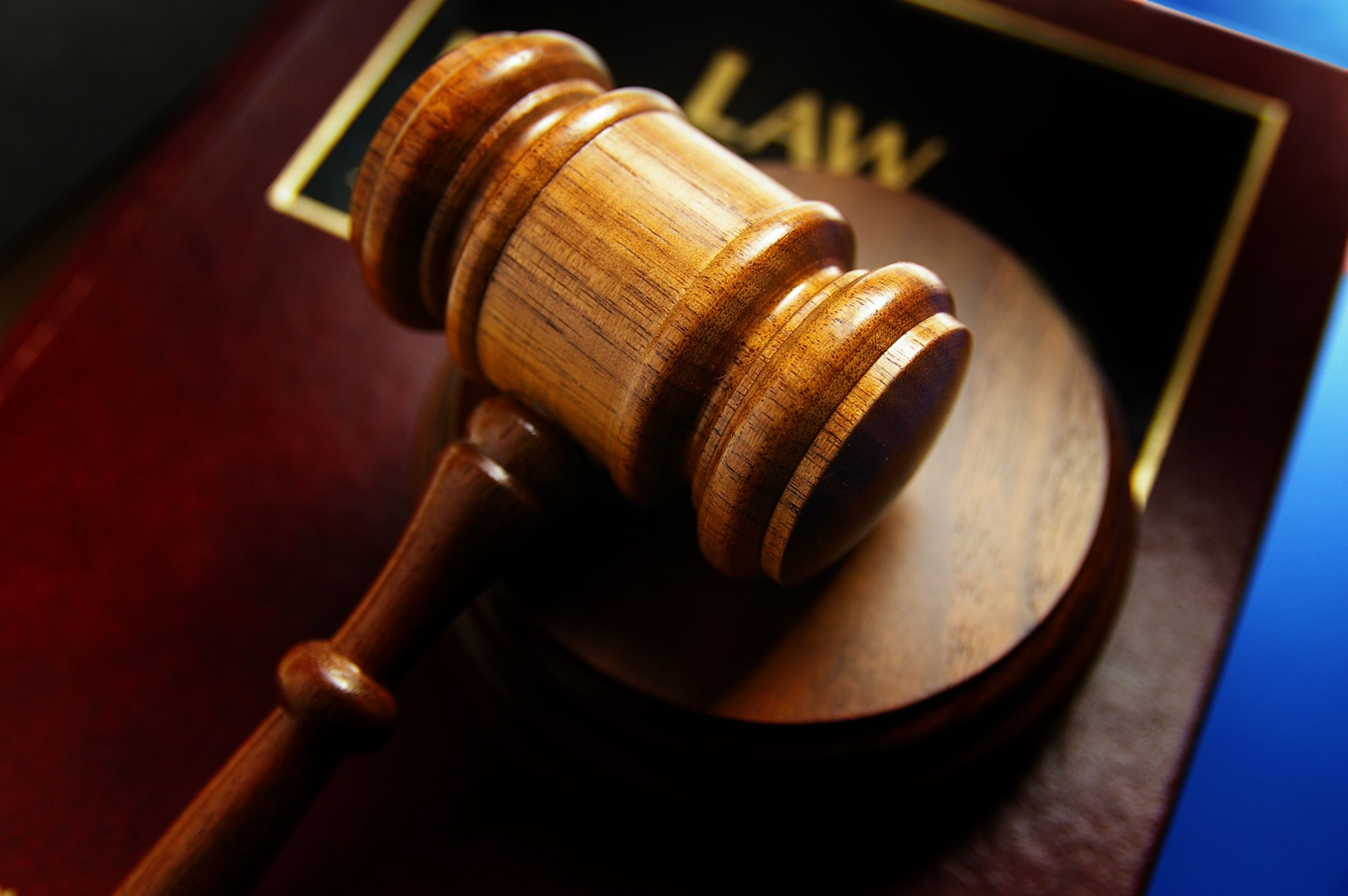Advocating for the Deceased: The Responsibilities of Wrongful Death Attorneys
In the realm of legal advocacy, few responsibilities carry as much weight and significance as those shouldered by wrongful death attorneys. Tasked with navigating the intricate legal landscape while providing support to grieving families, these professionals play a pivotal role in advocating for the deceased. This article explores the multifaceted responsibilities that wrongful death attorneys bear, shedding light on the depth of their commitment to seeking justice for those who can no longer speak for themselves.
- Embracing Legal Advocacy with Empathy
At the heart of advocating for the deceased is the profound empathy that wrongful death attorneys bring to their practice. Recognizing the emotional turmoil that accompanies the loss of a loved one, these attorneys approach their role with sensitivity, understanding, and a commitment to alleviating the burdens faced by grieving families. This empathetic foundation becomes the cornerstone of their advocacy.
- Initial Consultation: Building a Foundation of Trust
The journey towards advocating for the deceased typically commences with an initial consultation. This meeting serves as more than a legal discussion; it is an opportunity for attorneys to build a foundation of trust with the grieving family. By listening attentively to their story, concerns, and aspirations for seeking justice, attorneys establish a rapport that is fundamental to the advocacy process.
- Comprehensive Case Evaluation: Uncovering the Details
A pivotal responsibility of wrongful death attorneys is conducting a comprehensive case evaluation. This involves delving into the details surrounding the incident, collecting evidence, and identifying liable parties. The goal is to uncover the intricacies of the case, establish the grounds for legal action, and lay the groundwork for a robust advocacy strategy.
- Identifying Liable Parties: Pursuing Accountability
Advocating for the deceased extends to holding accountable those who are responsible for the wrongful death. Wrongful death attorneys meticulously identify the parties liable for the loss, whether they be individuals, corporations, healthcare providers, or other entities. This process of pinpointing accountability is central to the pursuit of justice on behalf of the deceased and their grieving family.
- Pursuing Compensation: Addressing Financial Consequences
While the primary focus is on justice, wrongful death attorneys also recognize the financial repercussions that follow the loss of a family member. Advocating for the deceased includes pursuing compensation to address immediate and long-term financial consequences, such as funeral expenses, medical bills, and the loss of income experienced by the surviving family members.

- Communication Skills: Articulating the Case
Effective communication is a skill that plays a pivotal role in the advocacy process. Wrongful death attorneys employ clear and compelling communication to articulate the details of the case, present evidence persuasively, and convey the impact of the loss on the surviving family. This skill is instrumental in building a compelling case in negotiations or the courtroom.
- Negotiation Expertise: Seeking Just Resolutions
Many wrongful death cases find resolution through negotiations. Advocating for the deceased requires negotiation expertise to engage with insurance companies, opposing parties, or their legal representatives. Wrongful death attorneys leverage their skills to pursue just and fair settlements that adequately address the needs of the grieving family, both in terms of financial compensation and acknowledgment of wrongdoing.
- Trial Advocacy: Presenting a Compelling Case in Court
In instances where negotiations do not yield satisfactory outcomes, wrongful death attorneys transition to trial advocacy. Their responsibility is to present a compelling case in court, utilizing their legal acumen, evidence, and communication skills to advocate passionately on behalf of the deceased. This aspect of advocacy ensures that justice is sought rigorously in the legal arena.
- Emotional Support: Beyond Legalities
Advocating for the deceased extends beyond legalities to provide emotional support. Wrongful death attorneys recognize the profound grief experienced by their clients and acknowledge the emotional toll of the loss. This holistic approach involves maintaining open lines of communication, offering empathy, and providing the necessary support throughout the legal journey.
- Closure and Justice: The Ultimate Objectives
The ultimate objectives of advocating for the deceased are to secure closure and justice for the grieving family. Closure is achieved through the legal resolution of the case, providing a sense of accountability for the responsible parties. Justice encompasses not only financial compensation but also the acknowledgment of wrongdoing and a commitment to preventing similar incidents in the future.
Conclusion: A Noble Pursuit of Justice
In conclusion, advocating for the deceased is a noble and intricate pursuit that wrongful death attorneys undertake with a deep sense of responsibility. Balancing legal acumen with empathy, they navigate the complexities of the legal system, negotiate on behalf of grieving families, and, when necessary, advocate fervently in court. In this multifaceted role, wrongful death attorneys embody the principles of justice, accountability, and compassion, ensuring that the deceased are represented with dignity and their families find solace in the pursuit of truth and resolution.
